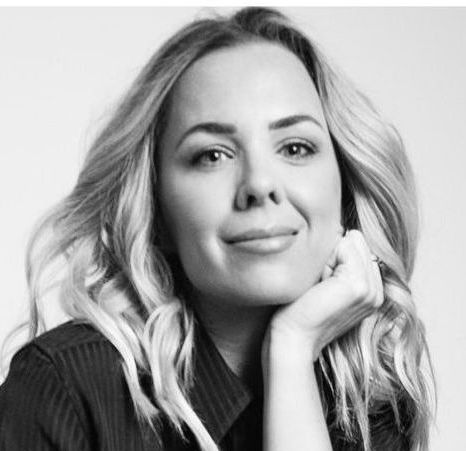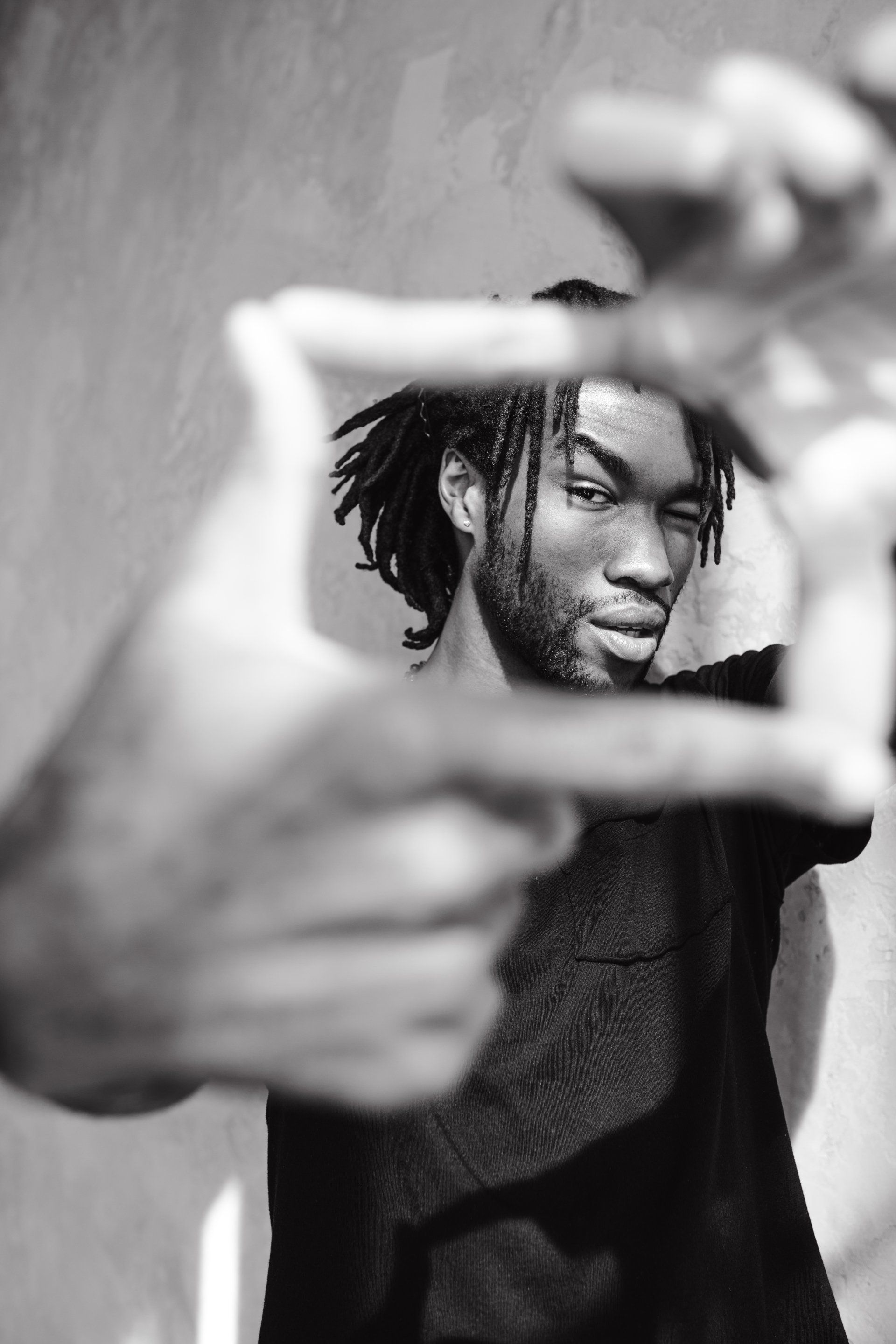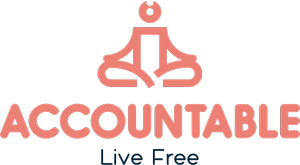Matt’s Story - Recovery is Possible Never Give Up!
Matt’s Story - Recovery is Possible Never Give Up!
My name is Matthew Fanning, I reside in Virginia, and If someone would have told me just over seven years ago, that my life would be where it is today, there would not have been a part of me that would have believed them.
Just over seven years ago, I was jobless, broke, broken in so many different ways that I wasn't even aware of at the time, practically homeless, hopeless, and intentionally trying to die.
Once again, trying to figure out life on my own, had me in a place that I had been multiple times before in my life, but this time, just like every other time before, was way worse than the time before.
I grew up in a broken home, in chaos and destruction. I never wanted to add to it, plus being told from a young age that you shouldn’t talk about how you feel, I decided to internalize everything. I also told myself that I would never turn to drugs and alcohol, because I saw what they did to my family. Growing up, I always felt less than, and now looking back, I always wanted to just fit in and be part of, but I was never comfortable in my own skin. No matter how athletic I was, or no matter how many friends I may have had, or awards I received through sports, I always had this void in me.
At 17 I drank for the first time, not because the others around me were drinking, but because I didn’t feel comfortable in my own skin. The feeling that alcohol produced for me, I would continue to chase for the next fifteen years of my life, putting me in places and situations that I would have never imagined.
I began to not just drink to fit in, but also to try to escape from myself. From the way I thought about and spoke to myself. I thought if I went to college, got a big boy job, and made a lot of money, that I would feel whole. I took these same thoughts and behaviors with me to college, and even after having to leave school because of my drinking going into my senior year, my behaviors never changed.
I never understood the progressiveness of the disease of addiction. After flunking out of college at 21 years old, because of my drinking, you could not have told me that my disease would continue to progress. At that point, I didn’t even recognize I had a problem, I was just a victim of poor circumstances.
I was able to get a job in the field I was going to school for, managing a bank, but that still didn’t fill the void, and my behaviors never changed.
At 22, I was introduced to oxycontin, this little yellow pill that cost me thirty dollars at the time, but over my life, cost me so much more. Telling myself the same thing I told myself at 17, that I would do it only one time, just to fit in with people. Within weeks I had drug dealers meeting me at the parking lot of my bank so I didn’t get sick and I began to behave in ways that I could have never imagined. I was filled with so much guilt and shame because of this secret, but I didn’t know how to deal with it.
That ‘one time event’ with that little yellow pill, would open up a door that I would never be able to permanently close over the next 10 years, especially on my own.
Over the next several years, I lost multiple jobs, the people I began to associate myself with changed, and my responsibilities in life fell to the wayside.
I was fortunate to be introduced to sobriety at 25. I wasn’t ready, but the experience of hearing people talking about their feelings stuck with me. At the time, I said to myself that I was better than these people, who were talking about being homeless, losing their families, and using drugs that I had no idea about. Looking back, every person in my life that I have allowed my ego to say that I am better than, I have become.
I stayed sober for a while, but only to be social and feel part of, and to hang out with the ‘cool kids and pretty girls’, because I thought that would fill the void I had. I didn’t take any suggestions, I never talked about how I felt, and then the day came when the ‘cool kids’ went out to get high, I couldn’t say no, and this time those little yellow pills weren’t around, but heroin was, but again, I still had no concept of the progressiveness of this disease. I found myself in the same situation that I had been in before, saying I would do it one time to fit in, having no idea the effects it would have on not just me, but the ones in my life who loved me.
That one time event became the driving force over the next several years of my life. This time, things got way worse than the time prior. I ran off fear, and I thought it was easier for me to continue this life and to do my best to keep this secret safe from my family, than to talk about what was going on and ask for help.
I got sober again at 28, not because I wanted to, but because the people I decided to associate myself with decided to.
This time around though, I slowly began to take a few suggestions, only the ones that didn’t require me to have to be vulnerable. I was able to stay sober for just over 3 years. Life got a lot better, but because I chose not to talk about what was going on, ask for help with life, and because I thought I knew what was best for me, I didn't internally heal. I ran my life off of ego and pride, and I thought that if I was able to get these external things, that it would fill this same void that I could not seem to fill yet.
After 3 years sober, because I chose not to talk about all the feelings that I had been pushing down my entire life, and because I thought I knew what was best for me, I relapsed. I had convinced myself that heroin was my problem, and that I could drink, like I saw others doing without any problems.
Within a week, I told myself, like always, that I would just do it one time, but that one time decision, led to 13 months of my life spiraling out of control, and everything getting worse than it ever had before. That decision led to me becoming homeless, losing everything, including my best friend, who unfortunately passed away from this disease, with my last memory of him, was us getting high together, as he passed away a few days later. It led to me becoming utterly hopeless, broken, and just wanting it all to end.
Four months after my best friend passed away, on the 15th of June, 2015, what should have been a morning of me manipulating my mother for money, became the turning point in my life. Instead of asking for money, what came out was all the emotions that I had been pushing down, and the words ‘I need help.’ In the moment as I instantly regretted uttering those words, my mother, who I put through so much, found a rehab for me.
They gave me one rule prior to showing up a week later, they said I needed to come detoxed, but because I thought rules didn’t apply to me, I didn’t listen. I didn’t even want to go, but I remember my mother telling me that she was so thankful and at peace, that I was finally going to get the help that I deserved. I was apprehensive, scared, but I also began to feel a bit of hope, even though I didn’t know where it was coming from. A week later, my mother drove me to this rehab.
The next day, they kicked me out, because I did not follow their one rule they gave me. I was initially taken to a hospital and then to a Salvation Army, to detox, with the rehab giving me a rule that I would be allowed to return, if I could begin to detox. I remember finally coming to the realization that this is where my behaviors had taken me, and not just physically taken me, but taken me emotionally and mentally. I did my intake, and the woman who did it told me that ‘drugs and alcohol weren’t my problem, that I was the problem, and those were the ways I was trying to solve my problem.’
I am fortunate that just over 7 years later, I still specifically remember that conversation, and even though I would have argued with her if I had the energy, she is still absolutely right. I am the problem. I remember walking down the hallway after my intake and sitting on my detox bed in this makeshift detox room, in this orange jumpsuit they had me wear, and just praying to whoever was listening, that I was done. That I couldn't live this way anymore. That date was the 23rd of June, 2015, and by the Grace of God, the help of other people, and the program that I choose to work daily, I haven't found a reason to turn to a drink or a drug since, to deal with life, and my behaviors finally began to change.
Not only has life gotten better, but I have gotten better as well. I am so beyond thankful to have been given another chance, when I felt like I was a lost cause who was out of chances, and to have not looked back.
I have realized in my sobriety, that my passion and purpose is to help others, and I am so grateful to have this opportunity with
You Are Accountable, to be able to help people, who are feeling the way I have felt, that there is another way and that there is hope.




hello@youareaccountable.com
(646) 450-7641